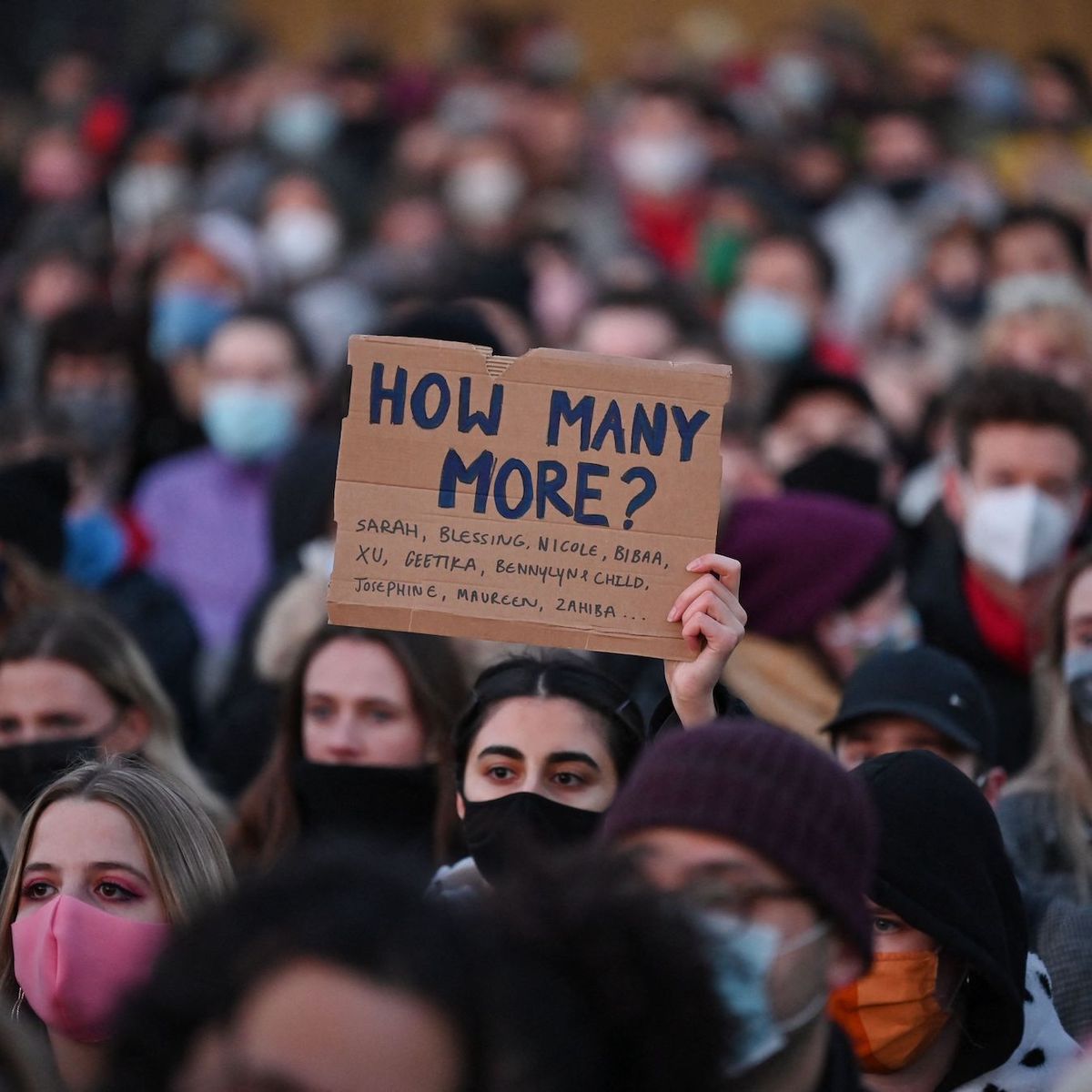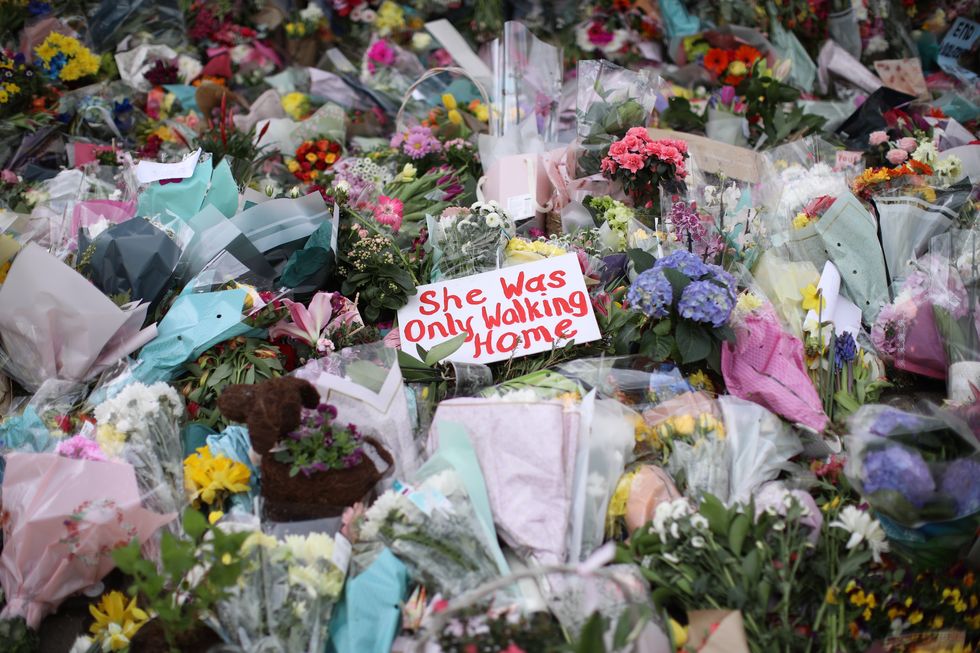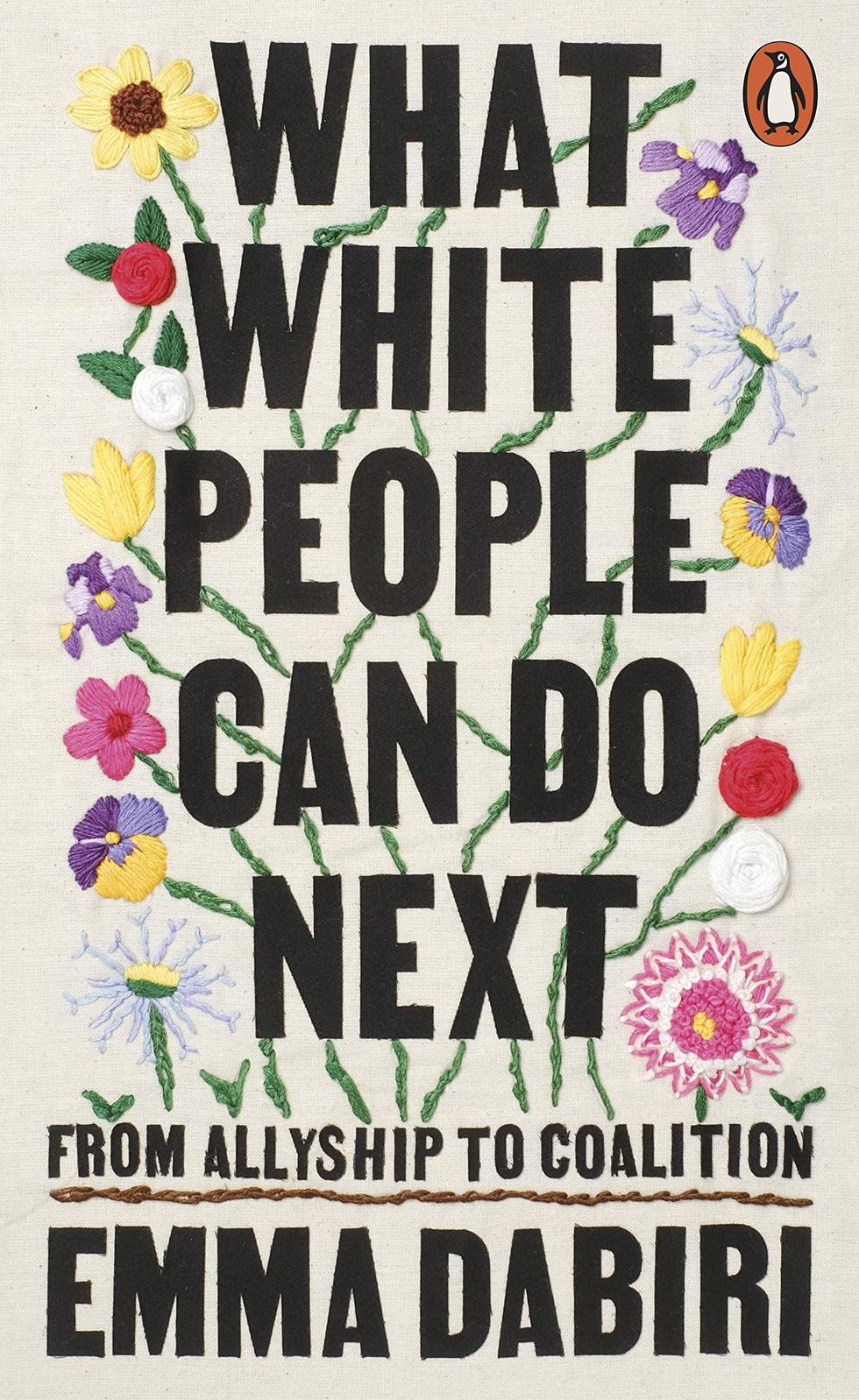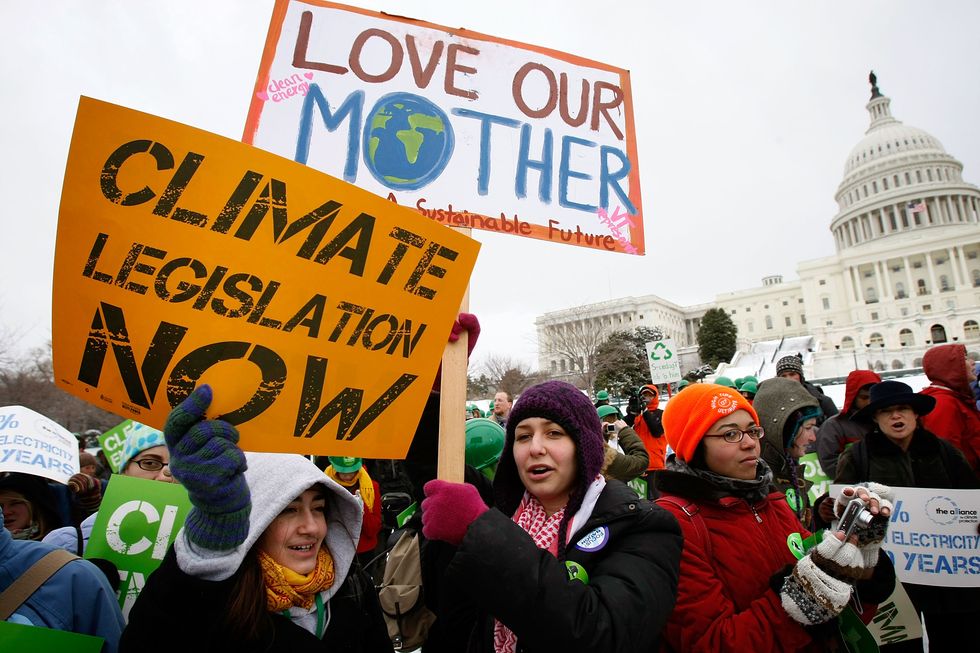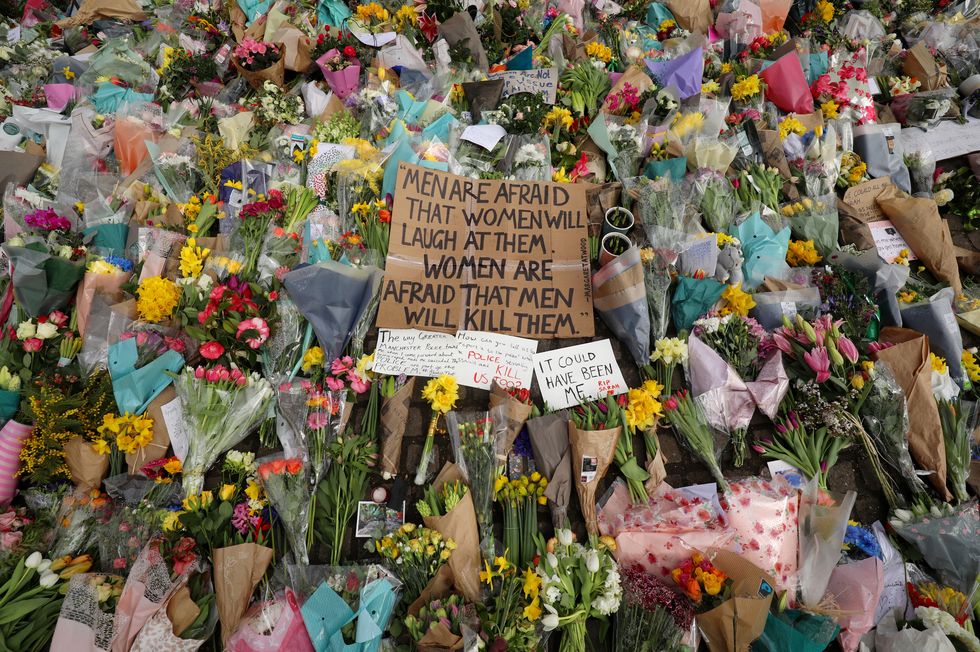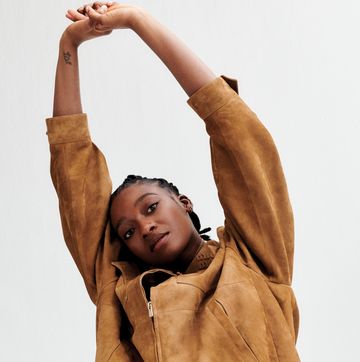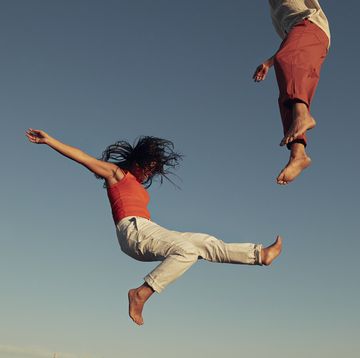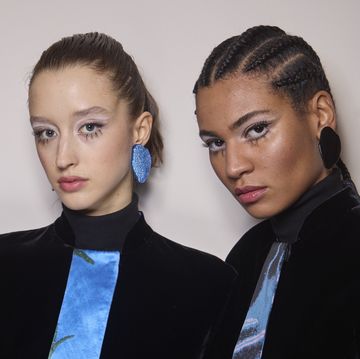Our collective feet are firmly embedded in the ground of 2024, and with it we’re feeling, to some extent, a sense of opportunity and testing the waters of how our lives, or routines, could look like if we continue implementing the atomic habits we vowed on January 1 we’d stick to.
From working out at the gym three times a week and learning a new language, to promising to drink more water and avoid hitting the ‘snooze’ button in the morning, many of our New Year resolutions focussed on self-improvement, rather than bettering the collective. Let’s face it – unless you’re an activist, ‘personal accountability in the context of the community’ probably didn’t make it very high up as a priority on your 2024 to-do list. Perhaps, though as we find comfort in the groove of this new year, ‘becoming a better ally’ could. And it’s never too late to start.
Despite its popularisation during the suffrage movement and civil rights era, the term ‘allyship’ embedded itself in our vernacular most poignantly when Dictionary.com named it ‘word of the year’ in 2021. A quick look at Google Trends and you’ll find search for the phrase reached unprecedented levels at the height of the Covid-19 pandemic, specifically between May and June of 2020, before declining to a jittery rise and fall in the years that followed. Clearly, the desire to learn more about allyship exists, be it from those wanting to show support for social justice such as racial justice or LGBTQ+ rights, but the action to follow through ultimately wanes.
For women and marginalised genders, equally disappointing has been the continued allyship we hoped to see in the face of sexual violence. After the murder of Sarah Everard by a male police officer in March 2021, thousands of men signed up for a workshop on masculinity, gender inequality and allyship by a leading charity in the sector that I work with. A couple of weeks later, however, less than 10% showed up. Almost none followed through to attend any other events. This failure to launch has a lot to do with society’s privilege and society’s refusal to face itself. Why? Because for a lot of people, allyship can often feel like too much work and commitment. As Emma Dabiri mused in her book What White People Can Do Next, the problem often lies in the way allyship is framed as charity. ‘Allyship is like this charitable enterprise where a white person can, if they feel so inclined, help the disadvantaged, “marginalised” or victim – victim not being my word, but the term I see used in the discourse,’ she explains.
In a social media driven landscape, where we're coerced to cultivate even a basic personal brand, in addition to conversations around social justice devoid of analysis of capitalism or class, people belonging to dominant communities (such as white, cis or straight people) often feel the need to be seen to be ‘doing the work’. After all, we’re so used to the attention that comes from individual self-improvement under capitalism that announcing and being seen putting in the hours to become better people can seemingly become more important than the actual slow, quiet, private work of actually doing it. But even the idea of sitting alone, ‘becoming an ally’ can feel rudimentary and at odds with the collective. Dabiri’s perspective that allyship struggles when it's approached like charity, echoes such individualism; good person A’s help for struggling person B isn’t sufficient to challenge systems. That’s why it’s imperative we work as a collective.
As we look ahead into 2024, it’s clear we’re navigating deep crises. Last year, the UK Government approved the Rosebank oil field which will emit more greenhouse gas than 29 low-income countries combined, according to a cross-party group of MPs and peers. This is despite climate scientists chillingly stating, ‘we are afraid of the uncharted territory that we have now entered’, and warning that human activity is pushing Earth into a climate crisis that could threaten the lives of up to six billion people. Meanwhile, our government has seemingly made it their mission to use trans and non-binary people as props; painting them as dangerous and legislating against them to distract from their concerning decisions that have led to this country being on its knees. And let’s not forget how many of our most important workers, such as doctors, teachers, and transport personnel are unionising and striking. Nurses are resorting to using food banks, 1 in 4 women will be raped or sexually assaulted as adults, trans hate crimes hit record highs in England in Wales last year, and nationalism and fascism is on the rise. For some, the importance of allyship – or the way some communities have been viewing and weaponising the term in recent years by seeing it as charity or discussing it endlessly with little action – can feel like it pales in comparison to combating global challenges.
But instead of meeting political and societal difficulties with an individualistic charity-drive type notion of allyship, it’s crucial we first much acknowledge where we’re going wrong. As hospitality activist Ashtin Berry noted on Threads last month in response to the horrors unfolding in Gaza: ‘Your political action should be rigorous not exhaustive, many of you can't discern the difference because you are centering your desire to feel helpful, instead of asking if the work you are doing right now is useful, based on the asks of those being targeted. The marginalised do not need your energy squandered and your capacity depleted for performances of goodness, they need your sustained political rigor.’
Allyship is not about feeling good, and less about ‘doing acts of good’. It’s about creating what is needed. This year is an opportunity for us to build on our understanding of allyship, and create something even more exciting: coalitions through solidarity. Solidarity asks us to understand our social location; where we have been put on the hierarchies of society and our systemic struggles, as well as our privileges, and work with people unlike us based on our points of connection. Understanding the systems that divide us and finding commonalities in which to join forces is where true magic happens. I can vouch for this because I have seen it first-hand.
In my work as a feminist and gender equality campaigner, who focuses on misogyny and sexual violence, I desperately want and need cis male allies to join us in this movement because I see the positive impact it can, and does, make. When it comes to gender equality, there’s always a clear distinction between the men who show up to help out and leave feeling like they ‘did something good’, and the men who show up understanding that patriarchy is hurting them too – albeit in a different way – and who recognise that our struggles come from the same system, but have unique contexts.
Some feminists might tell you allyship is a way for men to repent for their sins of being part of the community that perpetrates sexual violence. In my opinion, true allyship is when men realise it hurts them too and they want to work towards making themselves and us safer. Never forget that we are accountable to each other, but we don’t have to self-flagellate in order to engage. When allyship is done from a place of wanting meaningful change and not due to obligation, powerful movements of coalition can be built – and let me tell you, coalitions terrify an establishment that seeks to divide us in order to retain power.
For me, 2024 is a time to find ways to do the complex work of movement building and political action across identity lines in our communities. Showing up, demanding better, and being active is how we create hope for each other. Allyship is fulfilling work that brings so much to your life and the lives of others. Let’s try to develop a fresh perspective of allyship and aim to build coalitions. Because in the face of the upcoming US and UK elections, they might never see it coming.
Gina Martin is a campaigner, speaker, broadcaster & writer. Her social media platforms can be found here: IG / TikTok.
ELLE Collective is a new community of fashion, beauty and culture lovers. For access to exclusive content, events, inspiring advice from our Editors and industry experts, as well the opportunity to meet designers, thought-leaders and stylists, become a member today HERE.
